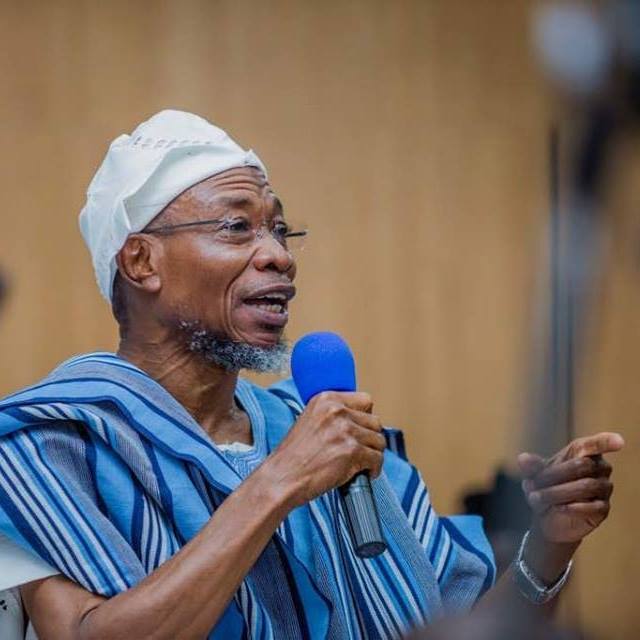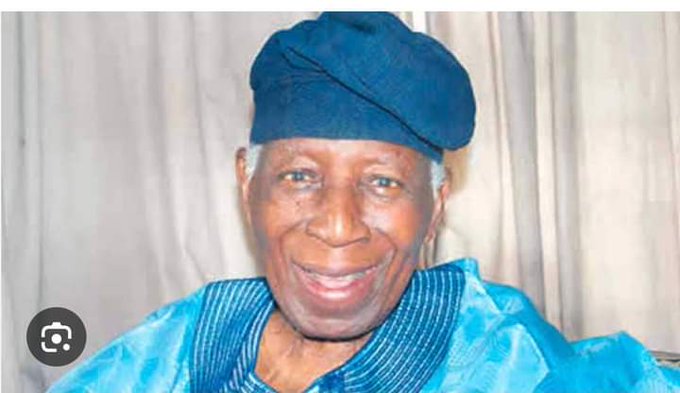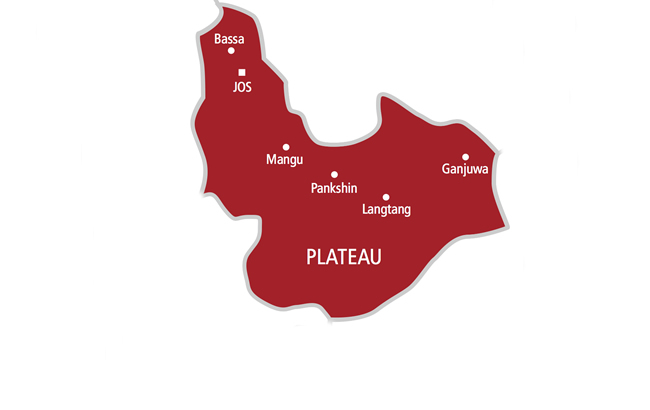Besides, the opposition Peoples Democratic Party (PDP) in the state had described Aregbesola’s refusal to appoint commissioners more than two years into his administration as “barbaric, illegal, unacceptable and democratically faulty.”
The opposition party even faulted the Federal Government, which it accused of granting Osun bailout funds without state executive council resolution on the matter as a necessary condition for the release of such funds.
Aregbesola had, of course, responded that his government had instituted the most transparent financial system in the allocation of resources that accrued to the state, insisting that he could not pay salaries of commissioners and other political office holders and that was why he chose not to constitute the cabinet.
He said Osun pioneered the constitution of a committee saddled with the responsibility of assisting the state government in the allocation of state revenue to ensure prompt payment of salaries as well as adequate running of government.
That committee, in truth, is headed by a veteran Labour leader, Comrade Hassan Sunmonu.Other members include the chairman of Nigeria Labour Congress in Osun; Chairman of Joint Negotiating Council, Chairman of Osun’s Nigerian Union of Teachers and government representatives, who are not political appointees.
Certainly, the world and indeed the people of Nigeria, now in need of purposeful leadership, should note that the development in Osun State should not be trivialised.
There is no doubt that allowing a state to be run without a state executive council for 33 months was unusual. But were Aregbesola’s decision to fit into the mould of an error, then he would have erred in the direction of prudence. Interestingly, he did not even act in error.
There is a marked difference between the federal and state governments. It is curious that political leaders have not taken note, and even Aregbesola might not have taken note but for financial adversity that has led to its discovery – that while it is compulsory for the president to constitute a cabinet and appoint ministers from each of the 36 states of the federation, it is, in fact, not mandatory for the states, according to the constitution as amended.
Also, Section 14 (3) and 147 of the 1999 Constitution provides that the President shall “appoint at least one minister from each state, who shall be an indigene of such state,” a principle which may also be applied in part to the states, but the law did not specify a time frame for such appointment.
While the president and the governors exercise the executive powers vested in them in Section 5 of Constitution through delegation to the ministers and other appointees, a governor has not breached any law by not appointing commissioners as members of the state executive Council. This is the evidence: Section 192 (1) provides:There shall be such offices of Commissioners of the Government of a State as may be established by the Governor of the State. Section 193 91) provides too: The Governor of a state, may in his discretion, assign to the Deputy Governor or any Commissioner of the Government of the State responsibility for any business of the Government of that State, including the administration of any department of Government.
There is ample evidence in the circumstances that while the state required a whopping N1.7 billion for just monthly salaries, not to talk of other duties to the people, it often received much less than that from the federation account. This means that paying even the civil servants became an uphill task, let alone political office holders who are often parasites and could constitute political risks if they were owed.
What is more, the executive council cannot be more important than the people’s council. Office holders cannot be more important than the people whose votes and sweat sent them into such offices and for whom the offices are held in trust. The people in civil-service states like Osun especially need to be taken care of with regular payment of civil servants’ salaries. Traders and other service providers in such states depend on regular payment of salaries of their regular customers. That is how the state economy works. And that, appropriately, was Aregbesola’s priority.
So, at this critical time when most citizens are worried about prudence in the context of dwindling revenues at all levels, it is quite important for political leaders at all levels to learn from Osun and consider cutting the cost of governance as a fundamental objective in a state’s policy thrust. This is one relevant take-away from the Aregbesola example. Indeed, the courage to refuse to dispense political patronage, something of a political suicide by a politician should be commended. Nigerians cannot in one breath seek prudence in governance and turn around to oppose or blame those who practise it.
Now, it has been established that state governors can actually begin the practice of allocating resources according to available means and contributions to the purse. It has also been established here that giving political appointments to political jobbers and campaigners in the state is not synonymous with jobs creation for the people. It is also clear from what can be termed the Aregbesola School of Governance that governors are not under compulsion to constitute the state executive councils. Or, better still, governors can establish a manageable cabinet that will still be representative as long as service delivery to the people is the ultimate goal.
While the gesture of the former state officers who worked quietly as volunteers to keep Osun government running in the absence of the cabinet is commendable, it is important to state too that Nigeria’s democracy will be further enriched in this regard, in the true spirit of service, if the nation wakes up to hear that the commissioners and advisers just appointed are working sacrificially (as volunteers) in the interest of the state.
The objective of political appointments, in the main, is to enable the head of the executive branch of government appoint some citizens to assist him in the onerous task of governance. And so it is otiose and wasteful for governors to appoint commissioners and advisers that the states’ revenue profile cannot sustain. This is a great lesson from Osun. Clothes must of necessity be cut according to available cloth, lest a regime of debt, to lenders, to the state’s workers and political office holders and, indeed, to the people that constitute the sovereignty, is installed.
Aregbesola may not have intended it but with his creativity occasioned by economic adversity, he has opened all eyes further to a fact: Service to the people must take precedence over political correctness. That, certainly, is not a bad thing.










